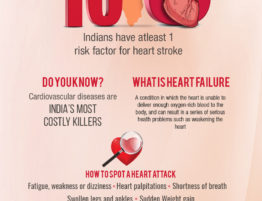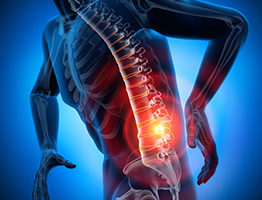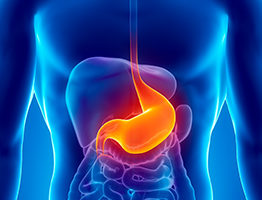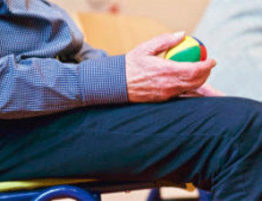
Fibroids are common benign (non-cancerous) tumors found within the uterine walls of women. The symptoms vary from one person to another. Fibroids may result in the change in size or shape of the uterus along with a lot of unpleasant symptoms. While most women have no symptoms, others may experience painful symptoms based on the size, location within the uterus, and how close it is to the adjacent pelvic organs. The most prevalent symptom is heavy menstrual periods. Fibroids are a reason for infertility in some women. If the fibroids are large enough, they may push the bladder promoting the need to urinate frequently. Some women experience lower back pain and pain during sexual intercourse. Fibroids are also known as uterine fibroids or uterine leiomyomas as they generally develop within the uterine walls.
Fibroids are most common among the women in their 40’s and early 50’s. It is estimated that 20-80% of the women develop fibroids before the age of 50. The actual cause for the growth of fibroids is not determined. Studies have shown preventing or treating high blood pressure helps to lower the risk of developing fibroids. Research points to these as possible factors:
- Genetic
- Hormonal change
- Age
- Eating habits
- Obesity
- Ethnic origin
Fibroids are divided into groups based on the location of growth in the uterus. They are:
- Submucosal fibroid – They grow just under the uterine lining.
- Intracavitary fibroid – They grow inside the uterine cavity.
- Intramural fibroid – They grow within the wall of the uterus.
- Subserosal fibroid – They grow on the outer surface of the uterus.
- Pedunculated fibroid – This type of fibroid is attached to the uterus by a thin stalk-like structure.
Fibroids are often diagnosed by the doctor during a routine pelvic exam. The doctor may feel bumps and irregularities in the shape of your uterus which suggests the presence of fibroids. However, Ultrasound and lab tests may be recommended by your doctor to confirm the diagnosis.
Fibroids are more likely to cause complications to women during pregnancy and delivery such as miscarriage, preterm delivery etc. But, it doesn’t imply that all women with fibroids will have problems with pregnancy. Common problems experienced by women with fibroids are:
- Cesarean section
- Improper position of the baby for vaginal delivery
- Placental abruption
- Preterm delivery
- Labor fails to progress
- Heavy bleeding after delivery
Treatment for uterine fibroids to cure infertility
Myomectomy
Myomectomy is the most advised procedure to remove fibroids for patients who plan to become pregnant. This surgery involves removing the fibroids without taking the healthy tissues from the uterus. This procedure is best for women who wish to become pregnant in the future or simply wish to keep their uterus. There are different ways to perform a myomectomy. It can be a major surgery or can be performed with laparoscopy. The type of surgery depends on the size, type, and location of the fibroids. There is also the risk of growth of new fibroids after the procedure.
Laparoscopic myomectomy is most preferred because it is a minimally invasive procedure where your doctor accesses and removes fibroids through several small abdominal incisions. In this procedure, the doctor makes a small incision in or near your bellybutton. Then the laparoscope (a narrow tube fitted with a camera) is inserted into your abdomen. The surgery is performed with instruments through the other small incisions made in your abdominal wall. Laparoscopy ensures you experience less pain, lose less blood, and recover as quickly as possible.
Be Well hospitals is one of the leading hospitals in providing fertility care. Our team of experienced doctors and nurses provide the best care possible to all women suffering from fertility issues. Our doctors will give you the best advice for your fibroid-related problems after a thorough assessment of your condition. We ensure easy access to quality and affordable treatment.







